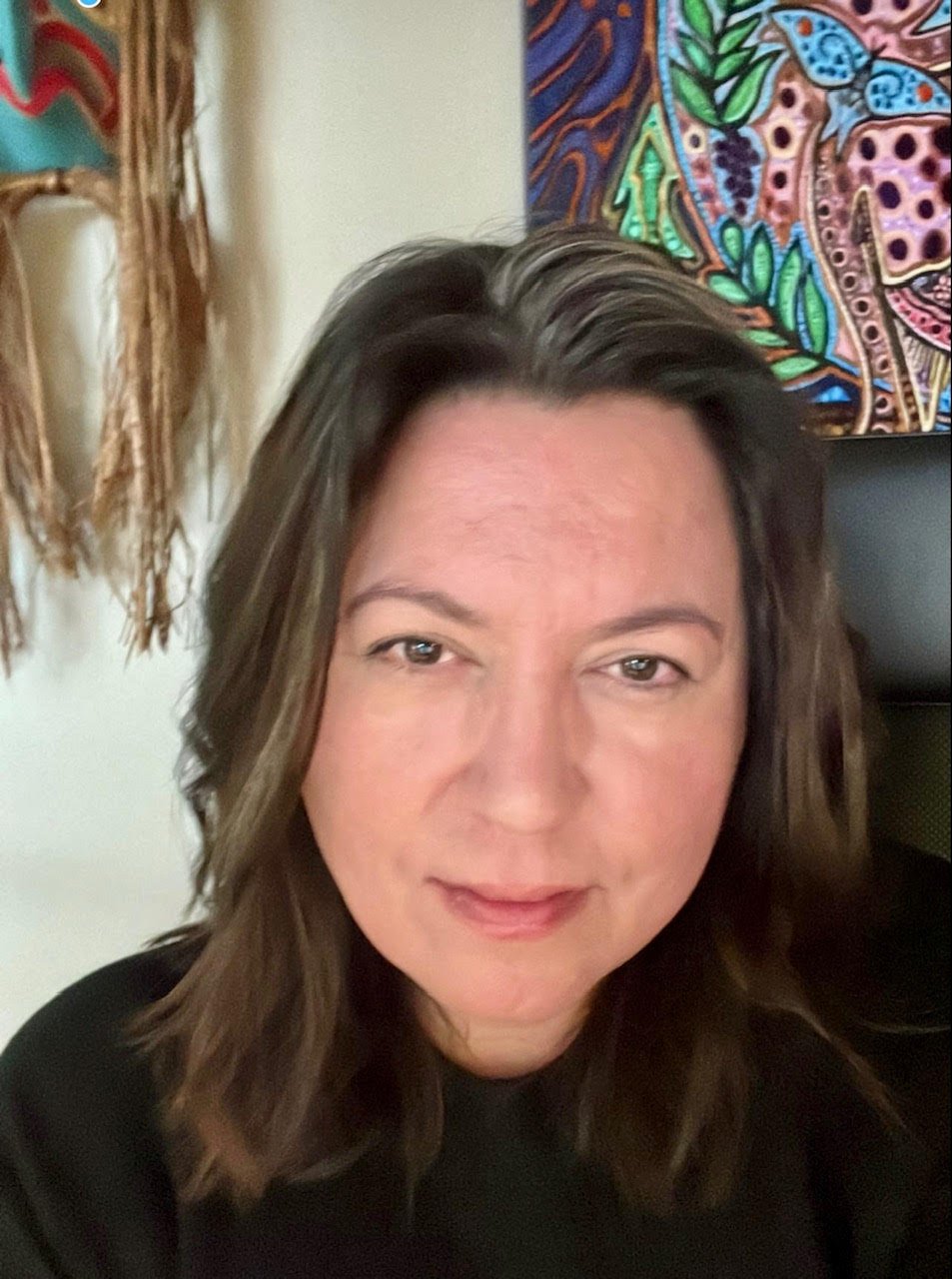Re-envisioning Our Roles: Trauma-Informed Justice
November 21-23, 2022
This event will be recorded and may be livestreamed.
This groundbreaking course offers an education in trauma-informed strategies in justice, law and leadership. This course is for Lawyers, Advocates, Regulators, Mediators, Investigators, Officers, HR Leaders & Other Professionals.
Trauma presents in our justice system, legal system, administrative, investigative, disciplinary and public safety procedures. Yet, most of us never received an education in emotional intelligence and trauma-informed engagement strategies.
This course will fill the gap in education you may have missed in your formal education and training. Lawyers, judges, arbiters, mediators, police officers, corrections professionals, educators, restorative justice practitioners, leaders, workplace investigators, and those in other helping professions, this course is for you.
Over three days, we will introduce participants to trauma and its influence on the brain and body. With a solid grounding in the neuroscience of trauma, this course will explore triggers, beliefs, and biases in the context of common assumptions about trauma, race, justice, equity, mental health, and relationship building as it shows up in legal and justice processes.
We will also explore the benefits of emotional intelligence, self-awareness, and self-critique in the creation of a trauma-informed justice practice. And we will explore strategies for integrating humility, vulnerability, empathy and compassion into our roles and responsibilities as lawyers, leaders, teachers, educators, decision-makers, and investigators.
Registrants will leave this course with a different perspective on mental health, trauma, strategies for minimizing the traumas and triggers in legal/admin/justice processes, as well as actionable steps toward building a trauma-informed workplace founded on principles of justice, equity, emotional intelligence plus empathy and humility.
Registrants will also leave with a new awareness of their own traumas, triggers, and boundaries (or lack thereof) which influence experiences shared in difficult and challenging processes.
No previous knowledge is required. This course will be recorded so Registrants will have time-limited access to all the content following the conclusion of the live event. A Guidebook will be sent to Registrants on November 18, 2022.
***Registration is now closed***
Monday, November 21, 2022
09:00 - 09:15 AM
Opening Remarks
09:15 - 10:45 AM
How We Do Harm and to Whom in the Justice System?
Myrna and Dan Jones (retired EPS police officer) will explore how bias, inequity, systemic racism, and disconnection creates broken relationships between police and community members and who suffers as a result – and how you can identify this suffering when you see it.
11:00 AM - 12:30 PM
Trauma and The Four F Responses
This session will explore trauma, in its various forms, and explain its impact on the brain, body, and behaviour including Adverse Childhood Experiences Score (ACES); group trauma, intergenerational trauma and the connection between trauma, addiction, violence, and mental health.
01:15 - 02:30 PM
Trauma and Crime
Dan Jones will share his research findings and the data on the victim-offender overlap and explain how adverse childhood experiences (ACES) may inform offending and addictive behaviours in adults who come into our courts. Dan will also share the data on the how traumatizing offences create trauma for those who offend.
02:45 - 04:00 PM
Managing Stress in Adversarial Situations
Edmonton Police Services Supt. Scott Jones will discuss officer mental health and some best practices for responding to adversarial situations in the workplace through breathing techniques.
04:00 - 04:15 PM
Daily Debrief
Tuesday, November 22, 2022
09:00 - 09:15 AM
Welcome and Opening Remarks
09:15 - 10:45 AM
Dissociation and Disconnection as a Coping Mechanism
Explore how we cope in the face of challenges, conflict, and the suffering of others. Do we armor-up, dissociate and disconnect? What does that look like and feel like? And what are the pros and cons of this approach to meeting trauma in our workplace and in the delivery of our services?
11:00 AM - 12:30 PM
Keeping Yourself and Others in the Window of Tolerance
This session will explain the Window of Tolerance and explore how self-regulation in the face of triggers can have far-reaching positive effects on those who work with you.
01:15 - 02:30 PM
Identity, Intersectionality & Trauma
Natasha Aruliah explains how trauma is not just about experiences that happen between individuals, it is also about the experiences and impact of being in systems, structures, policies, practices and processes that are traumatising for individuals and groups. In this section we will explore identity, and the meaning of intersectionality. We will explore what it means to apply an intersectional lens to legal processes and justice systems demonstrating how racism, bias and white privilege create unjust, dehumanizing, and demoralizing outcomes for Black, Indigenous and people of colour and members of other marginalised groups such as the LGBTQ2S+ community.
02:45 - 04:00 PM
Emotional Intelligence is Your Super-Power
Dr. Amar Dhall will explain emotional intelligence and its transformational benefits in law and justice environments and participants will be introduced to brain bio-hacking tips and tricks for better EQ responses and outcomes.
04:00 - 04:15 PM
Daily Debrief
Wednesday, November 23, 2022
09:00 - 09:15 AM
Welcome and Opening Remarks
09:15 - 09:45 AM
How Do We Create Connection?
This session will cover common strategies for creating connection in a manner that is safe and empowering while maintaining good boundaries even in the most difficult situation – from the beginning of the relationship to the conclusion. This session will also explain the importance of closing the loop in a transparent manner with clients and community members who struggle to trust the systems we represent.
11:00 AM - 12:30 PM
How Compassion Saved My Life : A conversation on compassion, humility, resilience and the power of Letting Go
Facilitated by Nicolle Kopping-Pavars.
01:00 - 02:45 PM
Let It Go: After We Have Held Space for Trauma
This co-facilitated session will focus on mental health and wellness strategies while identifying how trauma and vicarious trauma present as psychological risks in the workplace. Recognizing that selfcare is not enough, this session will explore healing and collective care practices anyone can immediately implement in any work environment.
03:00 - 04:00 PM
Trauma-Informed Principles in Practice
This session will focus on the principles of trauma-informed practice and describe how different roles and responsibilities can immediately implement these principles in the workplace.
04:00 - 04:15 PM
Closing






















